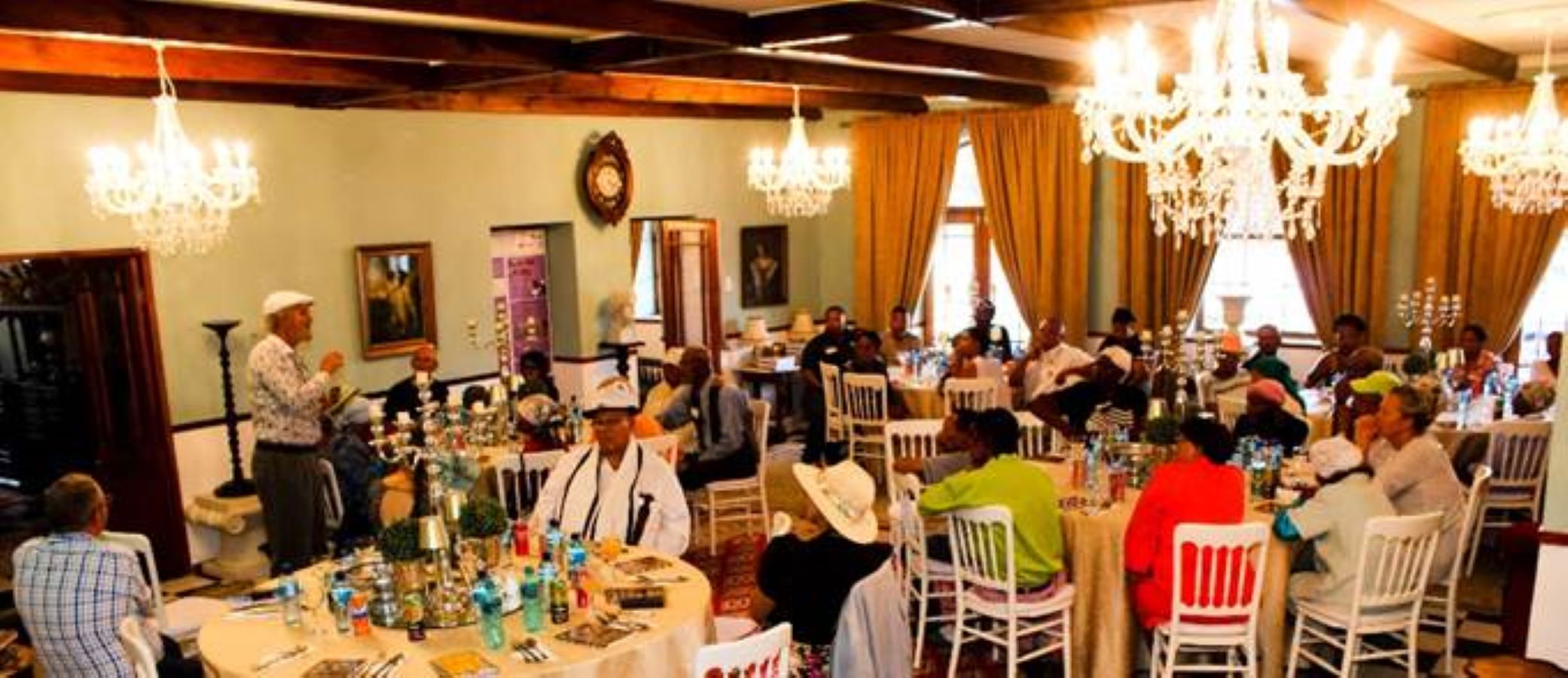The societal changes from the fourth industrial revolution will require higher education to develop greater capacity for ethical and intercultural understanding, placing a premium on education able to adapt to the various disruptions brought on by 4IR technologies. A rapid adjustment of on-campus curriculum is needed by expanding its capacity to accommodate the acquisition of new knowledge by students, faculty and alumni, with new modalities of instruction that leverage the digital advances from the previous revolutions.
This was one of the main messages conveyed by speakers at the Universitas 21 Educational Innovation symposium, held on 9-11 October 2019 at Auckland Park Kingsway Campus under the theme ‘The Fourth Industrial Revolution and the future of the university’.
The three-day conference brought together senior educational leaders from around the world to prepare higher education institutions to operate effectively in this changing context. They considered how to ensure education offer around the world remains relevant in the face of growing competition, and ways in which all the countries can actively shape the future education agenda.
In opening the conference, Professor Sarah Gravett, Executive Dean: UJ Faculty of Education said: “We are delighted to be hosting this conference because to us at UJ, The Future. Reimagined is not a line under our logo. It’s a daily challenge. It’s what motivates us to integrate the 4th industrial revolution into everything that steers Africa to a place of intellectual leadership”.
“Does teaching and learning translate? Digitisation has become important and our societies need to embrace massive open online courses (MOOCs).We also want our graduates to face the world internationally and be able to work in a different cultures without fear of differences”, added Prof Gravett.
The speakers included Deputy Minister of Higher Education and Training of the Republic of South Africa, Honourable Buti Manamela, meanwhile he emphasised that with technologies coming to the fore, fast changes in physical , digital and biological technologies, and generally in the way we work, we learn, and we live, make it a crucial force for economic competitiveness and social development.
In his welcoming address, Professor Tshilidzi Marwala, UJ’s Vice-Chancellor & Principal pointed out that we are becoming species that can’t operate without machines, therefore Universities will be poised to be relevant. “Preparing for the latest revolution has required a review of the curriculum at UJ to ensure that the university focuses on core skills required by students to succeed in the jobs of the future. Some of these skills involve problem-solving, the ability to interact, critical thinking and creativity.“Given the fact that we need these skills how do we ensure that UJ prepares for the future? For this, education must be multi-disciplinary. Social science and humanities have important roles to play in responding to these imperatives.” He said. “If you studying science or engineering, you must have human social sciences.
U21 is committed to creating inspiring shared spaces where members can benefit from the collective experience and wisdom of colleagues from around the world. In this and other events, U21 seeks to harness the considerable collaborative strength of the network to tackle shared problems and find new solutions, achieving more together than is possible alone.
Prof Marwala who has won international recognition for his research into artificial intelligence (AI), and has developed tools to change the way diseases are treated, added that pre-education will become important in this era. “Universities need a curriculum that is more interactive and highlighted the cost-free excursion offered to the UJ students by the University’s Internationalisation office, giving a new dimension to perceiving Africa. The expedition, referred to as Africa by Road/Bus, offers students an opportunity to explore southern African countries’ cultures and traditions.
Also speaking was Professor Bairbre Redmond, Provost, Universitas 21 saying, “The choice of this year’s symposium topic is to allow us to explore issues of teaching and student learning in this era, and to address the major challenges facing our students in the future world of work.”
The 3-day conference concluded on the note that given the fourth industrial revolution, a new form of a university is emerging that does teaching, research and service in a different manner. This university is interdisciplinary, has virtual classrooms and laboratories, virtual libraries and virtual teachers. It does, however, not degrade educational experience but augments it. For that reason, Universities must turn the curriculum around so people get those skills of the future. Institutions must create knowledge and plan ahead for industries that are going to exist but are not yet here.




